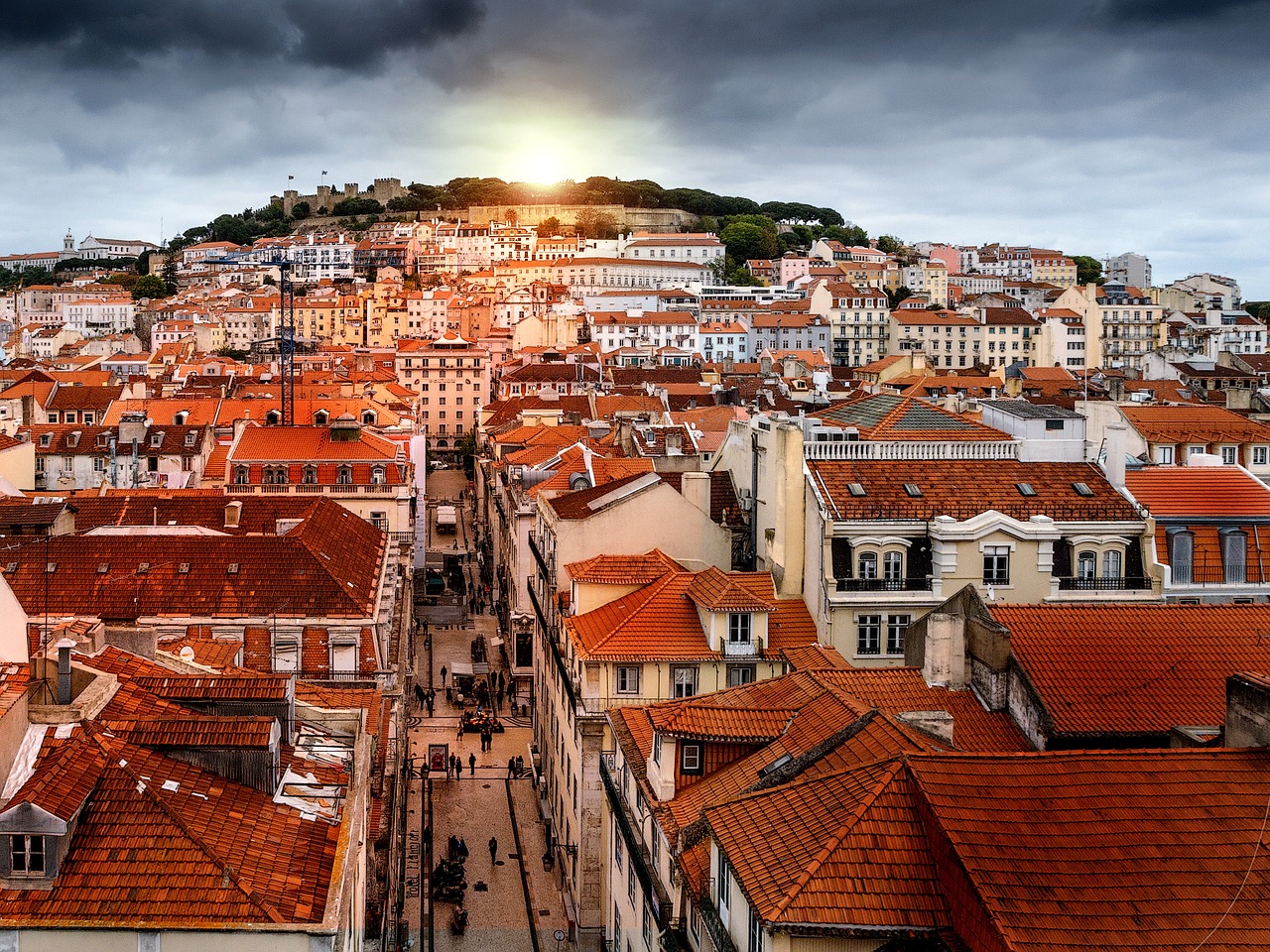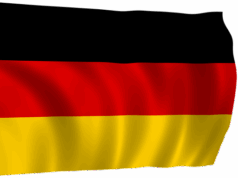
Head of State Marcelo Rebelo de Sousa was re-elected in the first round of the presidential election in Portugal yesterday for a second five-year term. After counting almost all of the ballots, Rebelo de Sousa held 61.6 percent.
The socialist candidate Ana Gomes received after counting 98 percent of the vote 12.2 percent, the right-wing populist Andre Ventura got 11.9 percent. Shortly after the election ended, the first prognoses foresaw the incumbent’s victory. Five years ago, the former TV journalist and law professor received a good 52 percent.
Election overshadowed by pandemic
The vote was overshadowed by the dramatic worsening of the coronavirus crisis in the EU country. The number of new infections per 100,000 inhabitants within seven days was recently around 750. This is one of the highest values in the world. Because of the pandemic, numerous politicians and other personalities had called for the election to be postponed.
In a survey commissioned by the weekly newspaper “Expresso”, 57 percent were in favor of relocation. Ultimately, however, according to the forecasts, there was a relatively good turnout, depending on the circumstances: between 45 and 50 percent of all eligible voters went to the polls.
This roughly corresponds to the values of the presidential elections in 2011 and 2016. In Lisbon and Porto there were sometimes very long queues.
Close to the people and popular
Rebelo de Sousa, who has been in office since 2016, is considered an extremely close to the people politician who, as head of state, likes to hug, kiss and comfort people on the street. If necessary, he also helps out: last August, he even decided to plunge into the sea in the Algarve to help rescue two women whose kayaks had capsized.
But it is not only such actions that give Rebelo de Sousa recognition and prestige. He is also highly credited for not only criticizing and controlling, as a conservative politician, but also supporting the left-wing government of Prime Minister Antonio Costa.
He attaches great importance to the country’s political stability. The cooperation between Rebelo and Costa, including the declaration and design of the coronavirus emergency, has worked almost smoothly so far.
The head of state has a lot of power in Portugal. The president can both veto laws and dissolve parliament and call new elections. For Portugal it was the tenth presidential election since the Carnation Revolution of 1974.



